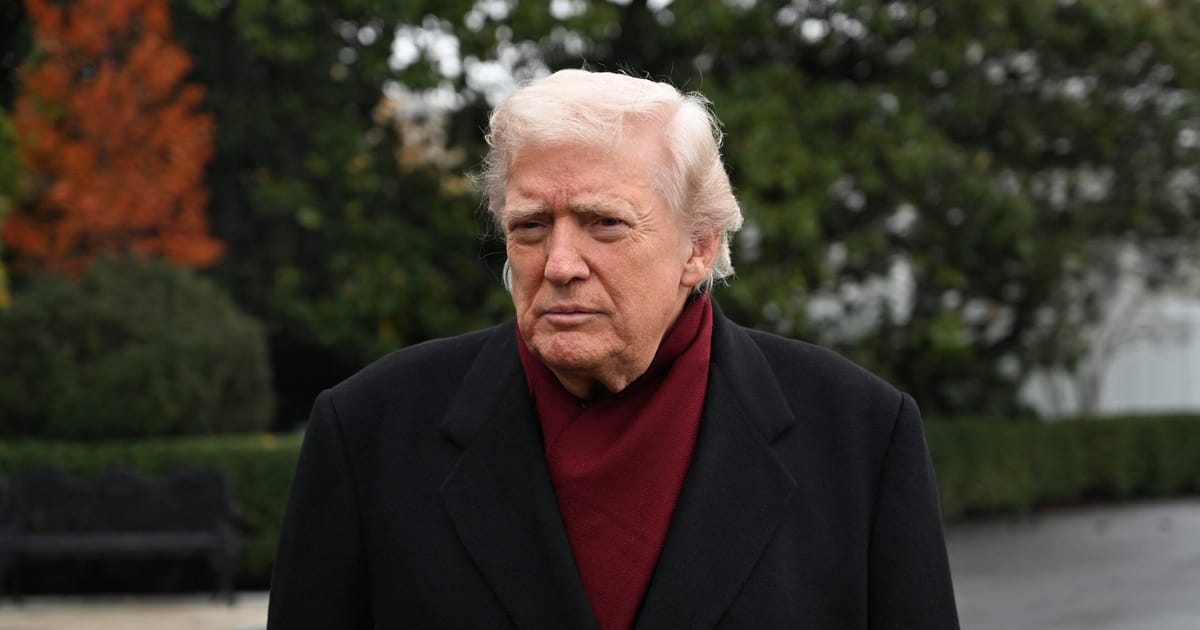If Ukrainian President Volodymyr Zelenskyy, who has expressed grave concerns over the U.S. proposals, does not accept it, “then he can continue to fight his little heart out,” Trump said. The American president had previously given Kyiv until Thanksgiving — this Thursday — to agree.
European allies held crisis talks the same day after details of the plan first came to light, amid fears it could constitute another ultimatum from the U.S. administration and was developed bilaterally with Russia rather than in partnership with European capitals or Ukraine.
Meanwhile, U.S. Secretary of State Marco Rubio was forced to distance himself from reports he described the plan as a wish-list made in Moscow that did not reflect Washington’s position. He issued a statement early Sunday that said “the peace proposal was authored by the U.S.” and had taken account of “previous and ongoing input from Ukraine.”
Polish Prime Minister Donald Tusk has been among those questioning the origin of the U.S. framework. “Before we start our work, it would be good to know for sure who is the author of the plan and where was it created,” Tusk wrote online.
After discussions on the sidelines of a G20 meeting of major economies in South Africa on Saturday, European Council President António Costa welcomed American efforts to secure peace but said Trump’s proposal “is a basis which will require additional work.”
An EU official, granted anonymity to speak freely, underlined that “the U.S. draft of the 28-point plan includes important elements that will be essential for a just and lasting peace. We are ready to engage on that basis in order to ensure that a future peace is sustainable. But further work is required.”
Costa’s chief of staff, Pedro Lourtie, and top European Commission official Bjoern Seibert are expected to take part in talks brokered by the Americans in the coming days for further negotiations and the bloc has reiterated its continued support for Ukraine. Only one EU leader — Hungary’s Kremlin-friendly Prime Minister Viktor Orbán — has unconditionally backed Witkoff’s plan, which critics say makes disproportionate concessions to Russia.
Privately, other diplomats cautioned that the message from the White House was prone to changing suddenly, given that Trump has frequently cycled between threatening to cut support for Ukraine and imposing hefty new sanctions on Russia to help end the war. “Ultimately, each time, our support for Ukraine has continued,” said one envoy.

